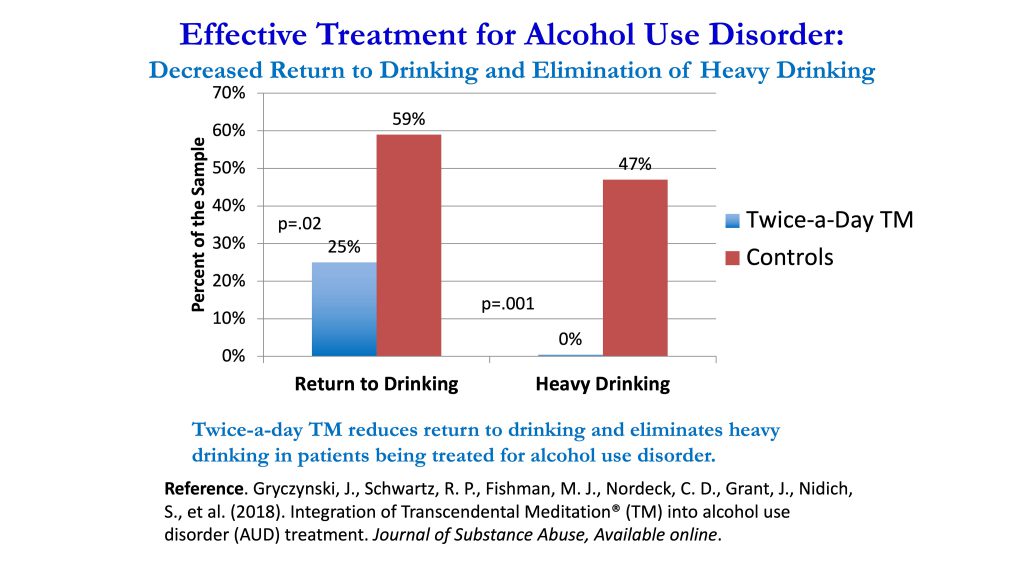Secondary Traumatic Stress
Nurses with symptoms of STS suffer emotionally as a result of shared traumas with their patients. Thirty-five to sixty percent of all nurses suffer from secondary traumatic stress.
Secondary traumatic stress is an occupational hazard for persons who provide direct patient care. STS is defined as the natural consequent behaviors and emotions resulting from helping, or wanting to help, a traumatized or suffering person. J Traumat Stress (2003).
Characterized by recurring flashbacks, inability to focus, and emotional numbness, STS is now thought to be the cause of related problems such as acute anxiety, insomnia, chronic depression, marital discord, substance abuse and suicide.

“Since learning TM, I’ve noticed that I am focused and calm during emergencies and am able to resume work without residual stress. TM has improved my memory and learning ability and enabled me to succeed as a mother, PhD student, trauma nurse, and researcher.”
JACQUELINE LOPEZ GREGORY
PHD-C, MSN, RN, FPN
The Transcendental Meditation program can dissolve the stress that is at the root of STS and consequent disorders.
The opposite of trauma
How does the TM technique create a state that is the opposite of trauma? When a nurse practices Transcendental Meditation, the mind becomes calm, and the metabolic rate decreases as the body reaches a state of deep rest, during which deep-rooted stresses are dissolved.
TM is twice as effective as conventional approaches for reducing alcoholism and substance abuse. As NIH researcher and Discovery Health TV host Pamela Peeke, M.D., notes, “The research on Transcendental Meditation is excellent. There is a strong connection between TM and reductions in everything from depression and PTSD symptoms to high blood pressure and heart mortality.”
More than 435 studies have been conducted on the mechanics and benefits of the TM technique indicating results that include:
- 42% decrease in insomnia
Journal of Counseling and Development 64: 212-215, 1985 - Decreased high blood pressure–on par with first-line antihypertensives
American Journal of Hypertension 21: 310–316, 2008 - Greater resistance to stress
Psychosomatic Medicine 35: 341–349, 1973 - Twice the effectiveness of conventional approaches for reducing alcoholism and substance abuse
Alcoholism Treatment Quarterly 11: 13-87, 1994 - Twice as effective as other relaxation techniques for decreasing trait anxiety
Journal of Clinical Psychology 45(6): 957–974, 1989

Findings demonstrated improvements among nurse participants’ scores in both compassion fatigue and resilience resulting from practice of the TM technique. Both subscales of compassion fatigue (secondary traumatic stress and burnout) significantly decreased.
Bonamer JR, Aquino-Russell C. Self-care strategies for professional development: Transcendental Meditation reduces compassion fatigue and improves resilience for nurses. Journal for Nurses in Professional Development 2019 35(2):93-97.
